Moving forward into the mid-term of the Human Resources Management course, last week (4) was focused on the aspect of training and development which is crucial for any organization's health in both short and long terms. Following an employee’s recruitment, the said person undergoes training in order to learn about the job and the required knowledge (technical and non-technical); meanwhile, development takes on a holistic aspect by including the employee’s growth and learning opportunities. The latter can be applied to anyone at any stage of the career but both training and development greatly varies depending on the organization, its goals, employees’ profile, etc. and it certainly becomes more complicated on the global scene when socio-cultural challenges come into the play.
In Week 5, the theme of the course turned towards performance appraisal (PA) and performance management (PM) while taking into account the ethical issues related to managing people.
PA is also known as performance review/evaluation and it enables the organization to systematically and periodically evaluate and document the employees’ performance, and to share it back with the employees in order to ensure that they are being aware of their current performance, whether they are growing and achieving targets, or not. This feedback is important for the employee and it also justifies bonuses, increases, promotions, etc. or rather in the opposite, demotions, terminations, etc.
PM is the entire process of ensuring that the employees’ efforts and work would be aligned with the organization’s goals. This starts from the very beginning, having clear job descriptions to ensure the understanding of the job itself and how it contributes to the organization; fixing clear and realistic performance expectations with effective key performance indicators (KPI), communicating the goals, outcomes, objectives and standards, providing efficient orientation, training and development to assist the growth, until the very end when an employee might be leaving or retiring. When properly implemented, it provides great assistance to the success of the entire organization and to employee satisfaction.
After the class discussion on this week’s case about how performance management can surprisingly hurt an employee’s career when not properly implemented, the instructor also provided students with individual and group time to stimulate them so that they can express their opinions on the ethical issues when it comes to managing people before bringing the class together in this topic.

 Download
Download
 Infosession
Infosession
 Application
Application
 Open Campus
Open Campus





























